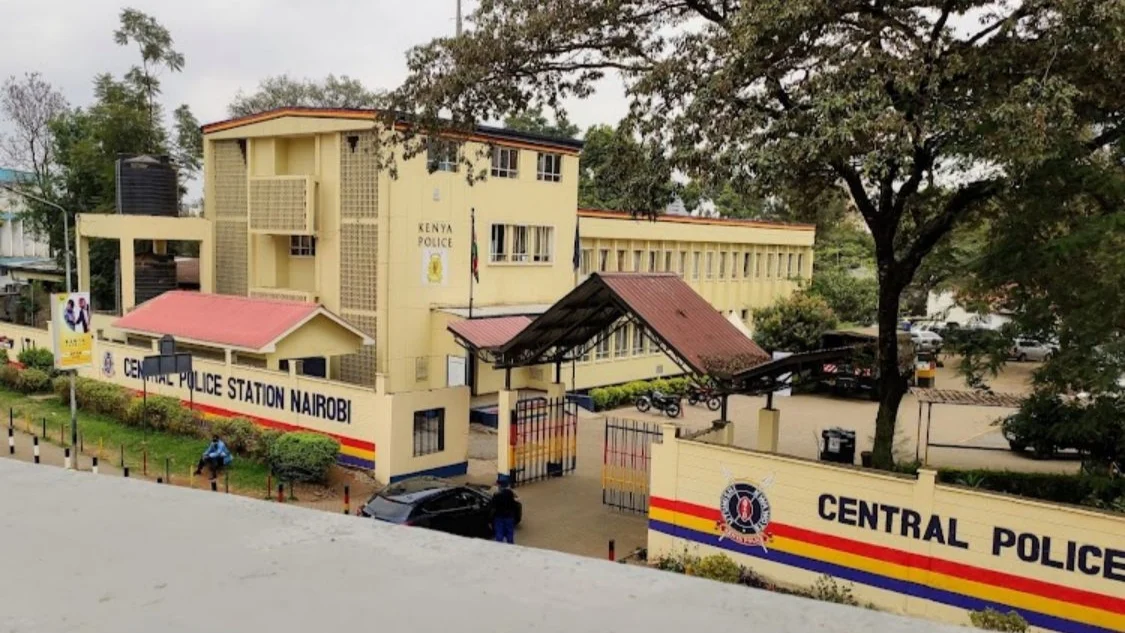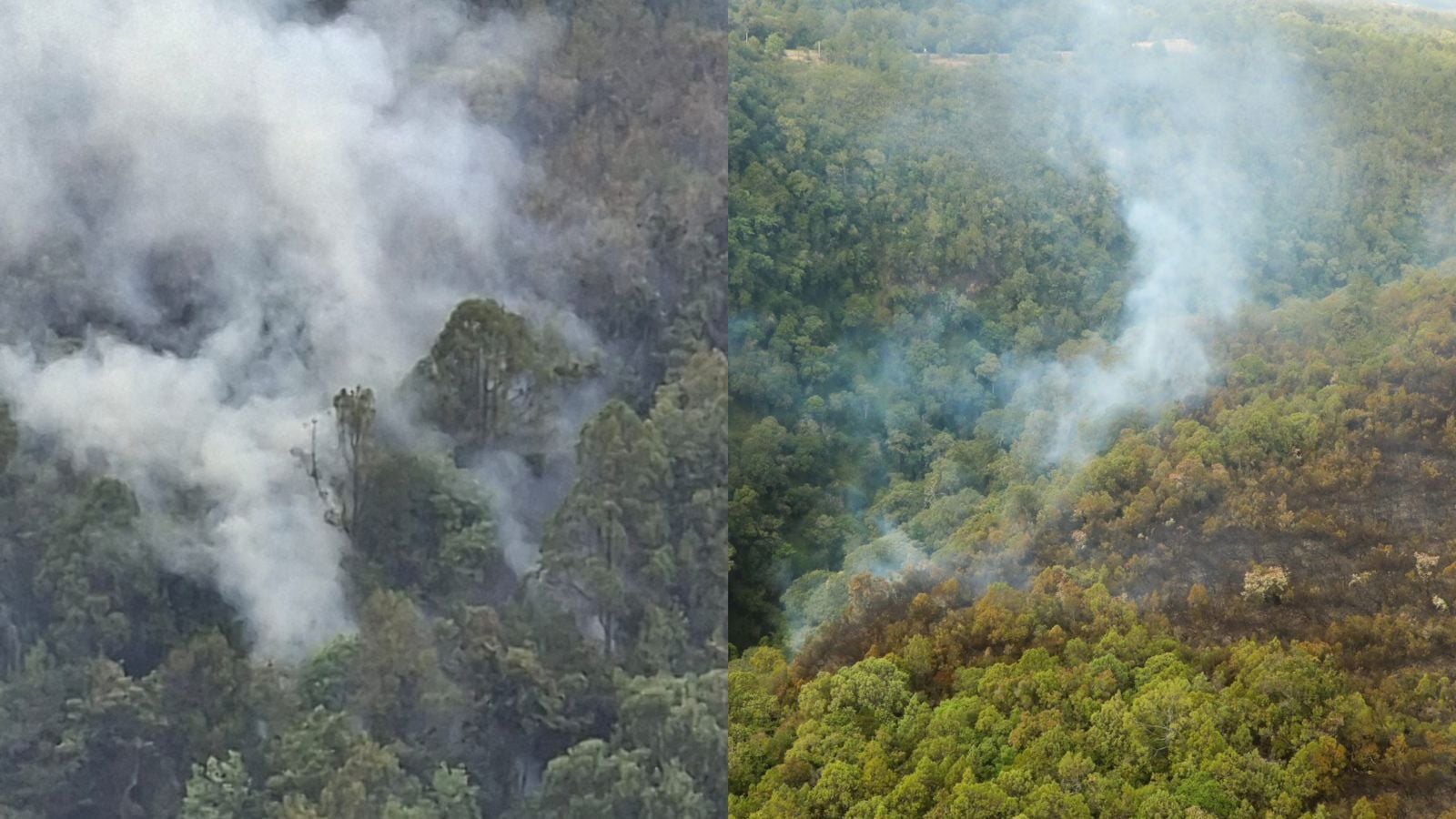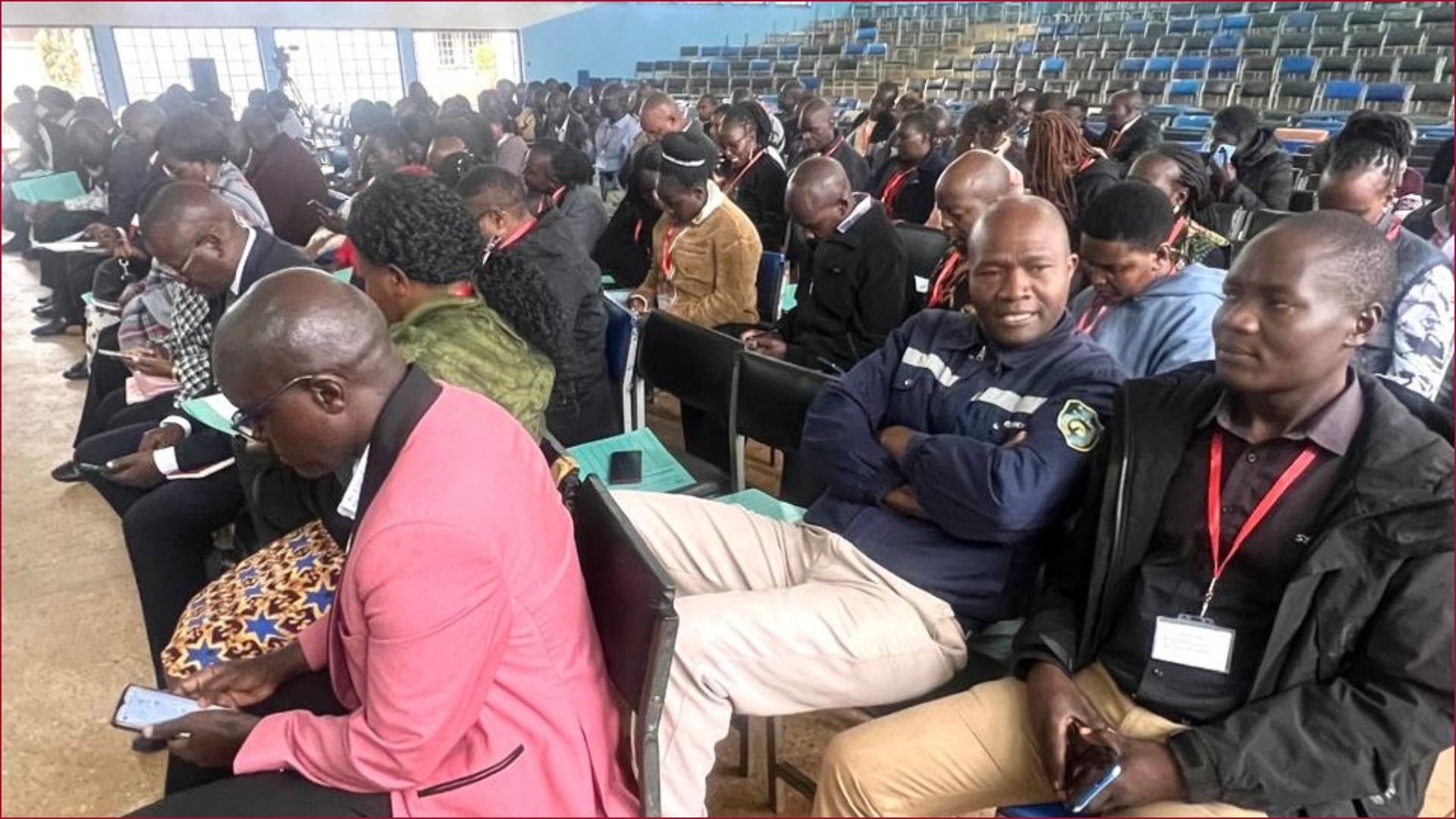A postmortem conducted on the body of Albert Ojwang has revealed that the teacher died as a result of a head injury.
Pathologist Bernard Midia, who performed the autopsy on Tuesday, June 10, also revealed that the deceased had neck compressions.
There were also other injuries on other parts of the body, pointing to an assault.
"The cause of death is very clear. A head injury, neck compression, and we also have other injuries on other parts of the body that are pointing towards assault," Midia said.
Further, the pathologists ruled out the narrative that had been put out by the police, which claimed that the deceased had hit his head on the walls of the police cell.
Read More

Additional samples have also been taken for further analysis.
"When you combine all the injuries in the body, they are consistent with a struggle."
Ojwang died while under police custody at the Central Police Station in Nairobi.
He had been arrested in Homa Bay and transferred to Nairobi following a complaint by Deputy Inspector General of Police Eliud Lagat regarding social media posts.
Following the news of his death, police claimed that the deceased was found unconscious in the cells after hitting his head on the walls.
"NPS confirms that Albert Omondi Ojwang was lawfully arrested by DCI detectives for false publication and placed in custody. While in custody, the suspect sustained head injuries after hitting his head against the cell wall," NPS noted in an earlier statement.
"Police officers on duty promptly noticed the injuries and rushed him to Mbagathi Hospital, where he was pronounced dead on arrival."
This narrative was challenged by Kenyans, resulting in the launch of investigations by IPOA.
As a result, Inspector General of Police Douglas Kanja interdicted the officers who were on duty on the said day.
Police are yet to explain why the deceased was transferred from Homa Bay without following due procedure.
"The National Police Service Standing Orders unequivocally set out the process for station-to-station transfer of arrested persons. Chapter 15 of the Standing Orders requires that when an arrested person is wanted at another police station, a report of the arrest of such person must first be made to a Magistrate and an application to remand and transfer the person made.
"We are certain that no Magistrate sat on the night of 7 June 2025 to grant the Police permission to transfer Mr. Albert Ojwang from Mawego Police Station to Central Police Station, Nairobi," LSK noted in its statement.
.jpg)






